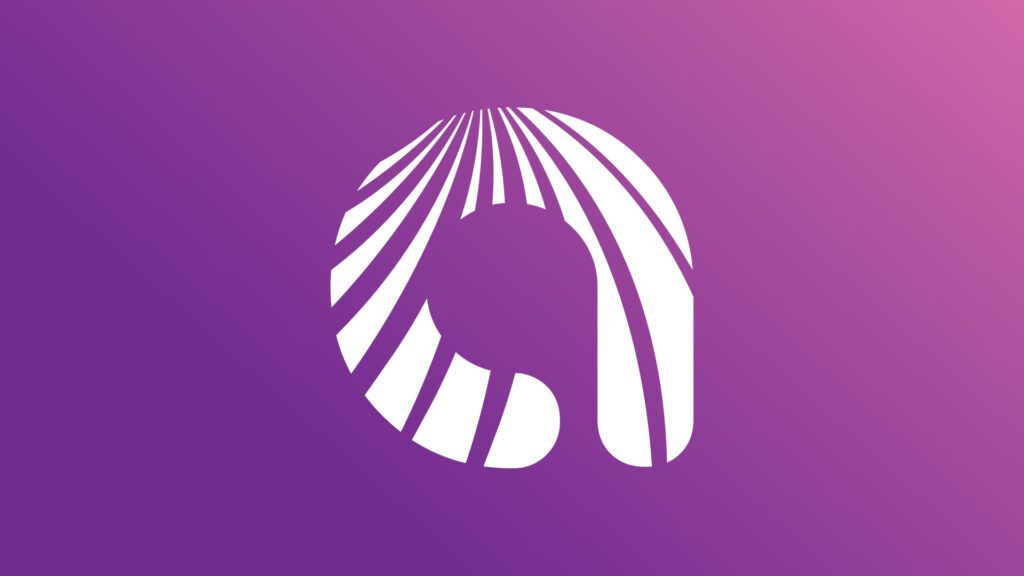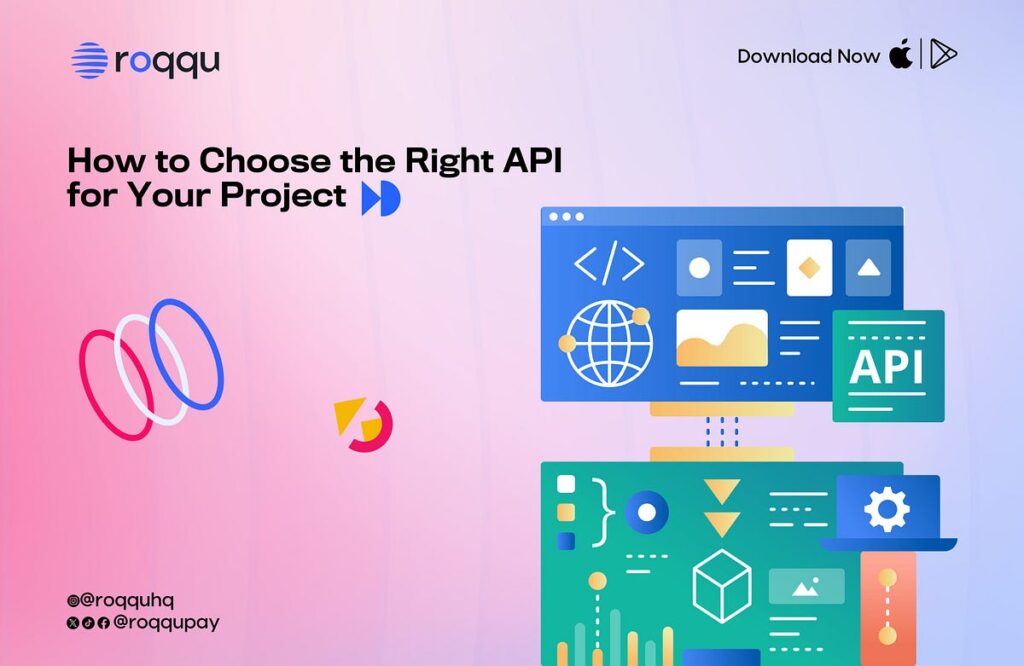-
Fintech solutions are revolutionizing global finance, offering microloans with rates as low as 10%—a game-changer for entrepreneurs in Africa and India.
-
Digital banking transformation enables instant, low-cost transactions via apps like Chipper Cash, bypassing traditional banks and empowering users.
-
AI-driven financial services merge blockchain and AI to build credit scores, detect fraud, and fund farmers—ethically transforming financial access.
Blockchain, Web3, Decentralized Systems, NFTs, and Cryptocurrency—all these are fancy jargon that often confuses the average person trying to make ends meet. The world we live in today is undergoing a radical shift, and in this consistent journey into a new age, fintech solutions are the pioneers of the future of finance. Imagine waking up to a notification that your small business has received a microloan without collateral, paperwork, or a bank visit.
The best part is, instead of facing extremely high interest rates that could sink your business in the long run, you get an interest rate as low as 10%. In fact, in Africa and India, rates remain high (27–40% monthly/annually), while blockchain platforms may offer rates as low as 9.65% for larger loans or 10–12% for microlending. These are figures and facts, not science fiction, showcasing the rapid growth of digital banking transformation.
Currently, Africa is surging toward greatness like never before, with pioneering regions like Nigeria, South Africa, Egypt, and Tanzania leading the way. So the main question on everyone’s mind is simple: How does this affect you? Let’s take a quick dive into how AI-driven financial services, fintech solutions, and the classic but exciting fintech vs. traditional banking dynamic present an opportunity for you, the esteemed reader.
What Exactly Are Fintech Solutions and Their Impact in Africa
The term fintech came along after Bitcoin made waves globally and shook the traditional banking system due to its superior technology. Essentially, fintech borrows from the basic principles of cryptocurrency—blockchain technology. For instance, most fintech solutions today are keen on digital banking transformation but, unlike traditional banks, utilize the technology in a unique way. Instead of relying on blockchain to create tamper-proof ledger systems, they build applications like decentralized finance, digital payments, and smart contracts without the hassle and slow traditional intermediaries.
ALSO, READ: How Does DeFi Work Exactly? Is It An Industry? A System? Or The Next Step In Tech
It allows you, a business entrepreneur, or a business owner to simply download an app that enables you to manage your financial transactions right at the palm of your hand. Some fintech solutions for microloans, like Chipper Cash, enable one to bank, invest, and trade right from your smartphone. Essentially, fintech adoption in emerging markets brings the reliability of traditional banks and the speed, low costs, and better services of blockchain to the palm of your hand.
Digital Banking Transformation
Let’s be honest for a second: When comparing fintech vs. traditional banks, which is better? Over the past few decades, many fintech solutions have had their ups and downs. Like every innovation, bad actors are bound to emerge, but when you dig into the core, you’ll find the services themselves weren’t the problem—it was the minds behind them. Technology isn’t inherently evil; the ones who misuse it are. Fortunately, with recent AI-driven financial services, a glimmer of hope still shines within the fintech industry.
Transactions are settled in seconds, fees drop by 70% or even 80%, and security improves through identity verification via decentralized networks. For instance, consider BitPesa, which enables African SMEs to conduct cross-border transactions with minimal fees. This isn’t just tech—it’s a shift to empowerment, a shift to change, a shift away from idiocy.
AI-Driven Financial Services
AI and blockchain are a power duo—some might call it a match made in heaven, others a pairing as iconic as Romeo and Juliet. Platforms like AgriLedger use AI to analyze crop data, then issue blockchain-backed loans to farmers. Fraud detection, personalized insurance, and predictive analytics? All made possible by AI-driven financial services. Imagine a world where your credit score is built not by banks, but by your own data—securely stored on a ledger.

Platforms like AgriLedger use AI to analyze crop data, then issue blockchain-backed loans to farmers.[Photo: Agriledger.com]
AI and Web3 have an interconnected relationship where one strengthens the other, leveraging their combined advantages. For example, blockchain is a network of interconnections, while AI is a self-learning algorithm that adapts based on the data it processes. By incorporating both, they create an impregnable shield ensuring the integrity of the system is maintained.
Fintech Solutions for Microloans
Microloans are lifelines for entrepreneurs, but traditional banks often deny them. Blockchain levels the playing field, allowing even you, a small business owner, to take your innovations to the world.
A peer-to-peer platform in Kenya uses smart contracts to connect borrowers with lenders, verifying identities via decentralized IDs. These fintech solutions for microloans are fueling businesses from street vendors to tech startups, creating a wave of growth across Africa and empowering the young, the dreamers, and the innovators to actualize their dreams and break free from the rat race.
Innovations That Empower You
Fintech vs. Traditional Banking
Back to the classic battle: Why is Africa skipping credit cards and jumping straight to crypto? Because blockchain is faster, cheaper, and more inclusive. While legacy banks struggle with red tape, decentralized apps (dApps) offer instant loans and borderless payments. This fintech vs. traditional banking shift is Africa’s secret weapon. It empowers users to finally access the finances they need to kickstart their businesses instead of relying on banks with high interest rates that seek only to create overwhelming debt rather than foster growth.
Fintech Adoption in Emerging Markets
Nigeria’s DeFi explosion is a prime example. With over 35% of adults using crypto, the country is a hotspot for innovation. In fact, aside from South Africa, Nigeria is among the top pioneers diving into fintech solutions. Projects like Roqqu let users trade NFTs and earn passive income via staking. This fintech adoption in emerging markets isn’t just trendy—it’s survival. The wave of financial freedom has arrived, and this time, it’s available to you, dear reader. We at Web3Africa are here to tell the story and alert you in advance.

Projects like Roqqu let users trade NFTs and earn passive income via staking.[Photo: Medium]
Impact of Fintech on Investment Banking
Decentralized Finance (DeFi) is rewriting the rules, reshaping how everyone views finances and stewardship. Imagine earning 10% APY on your savings, not 1%. Or investing in a solar farm via tokenization. The impact of fintech on investment banking is profound: It’s making wealth-building accessible to all. This is essentially the part where you dive in and research exactly what these opportunities are and how you can benefit from them.
African-Led Projects
Meet BitSika, a Ghanaian startup using blockchain to track agricultural supply chains. Or YC-backed Trell, which lets creators monetize via NFTs. These innovators prove Africa isn’t just adopting blockchain—it’s leading the charge. This charge starts with you, the reader, realizing there’s more opportunity for wealth creation hinging on creativity rather than following the rat race.
How Blockchain Impacts Your Life
Real-World Examples
In Rwanda, blockchain ensures authentic drugs reach hospitals, saving lives. In Nigeria, blockchain-based voting systems combat fraud. These aren’t experiments—they’re solutions created by everyday people who took a chance to make a difference rather than following a predetermined path.
Your Potential Breakthrough
Are you a student struggling to pay tuition? A freelancer hit by PayPal fees? Blockchain could be your answer. Imagine earning scholarships via DAOs or sending remittances for free. Fintech solutions are vast and numerous, allowing everyone to choose what they want. The new generation has broken free from the redundancy of the old and seeks empowerment rather than the same 9-to-5 jobs our parents struggled with—jobs that often left them with massive debt and little gratitude at the end of the day.
Future Opportunities
Africa’s blockchain economy could hit $11 billion by 2030. With AI-driven financial services and cross-border platforms like BRICS Pay, the sky’s the limit. Investors, developers, and curious minds—this is your moment. A moment that will remain, a moment that ignites radical change and a shift for everyone, for you, dear reader. This time, things are different, and transparency brought about by blockchain will illuminate everything so we can finally see legitimacy and destroy corruption.
Conclusion: Your Next Steps
Blockchain isn’t just tech—it’s a movement. From fintech solutions for microloans to digital banking transformation, Africa is proving that decentralized systems work. We at Web3Africa are proud to bring you quality content that educates, inspires, and sparks the flame of change, showcasing that even you, dear reader, have the opportunity to take a chance. We’re not against 9-to-5 jobs—they’re necessary in any society—but we merely wish to highlight that there are alternatives, giving you, the reader, the chance to choose your path rather than being funneled into a single direction so that the few can benefit while the many run around in circles.

